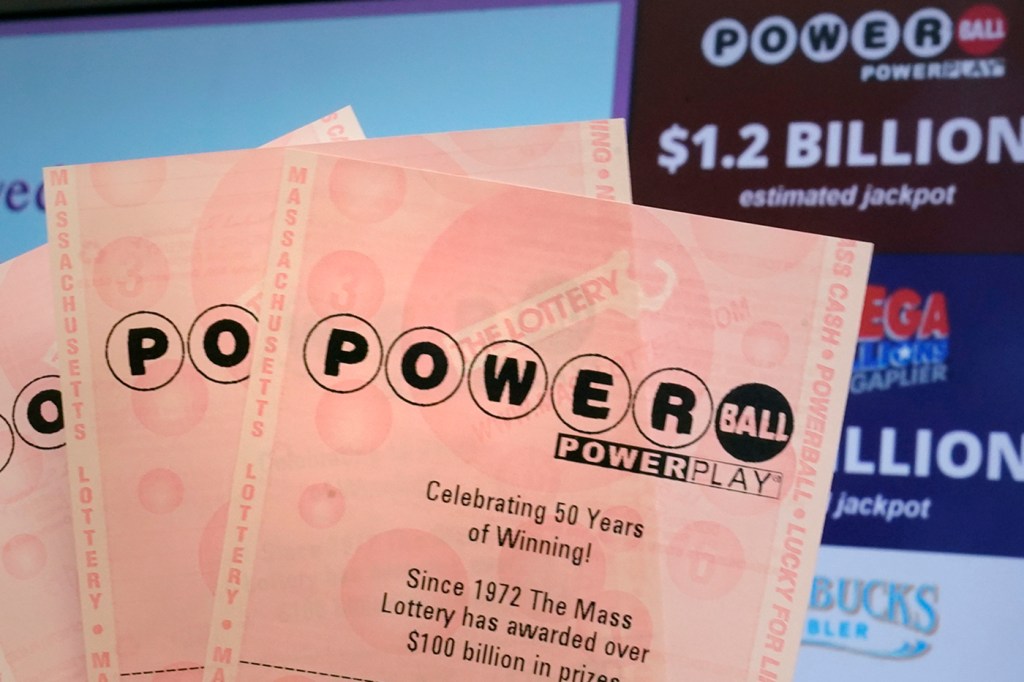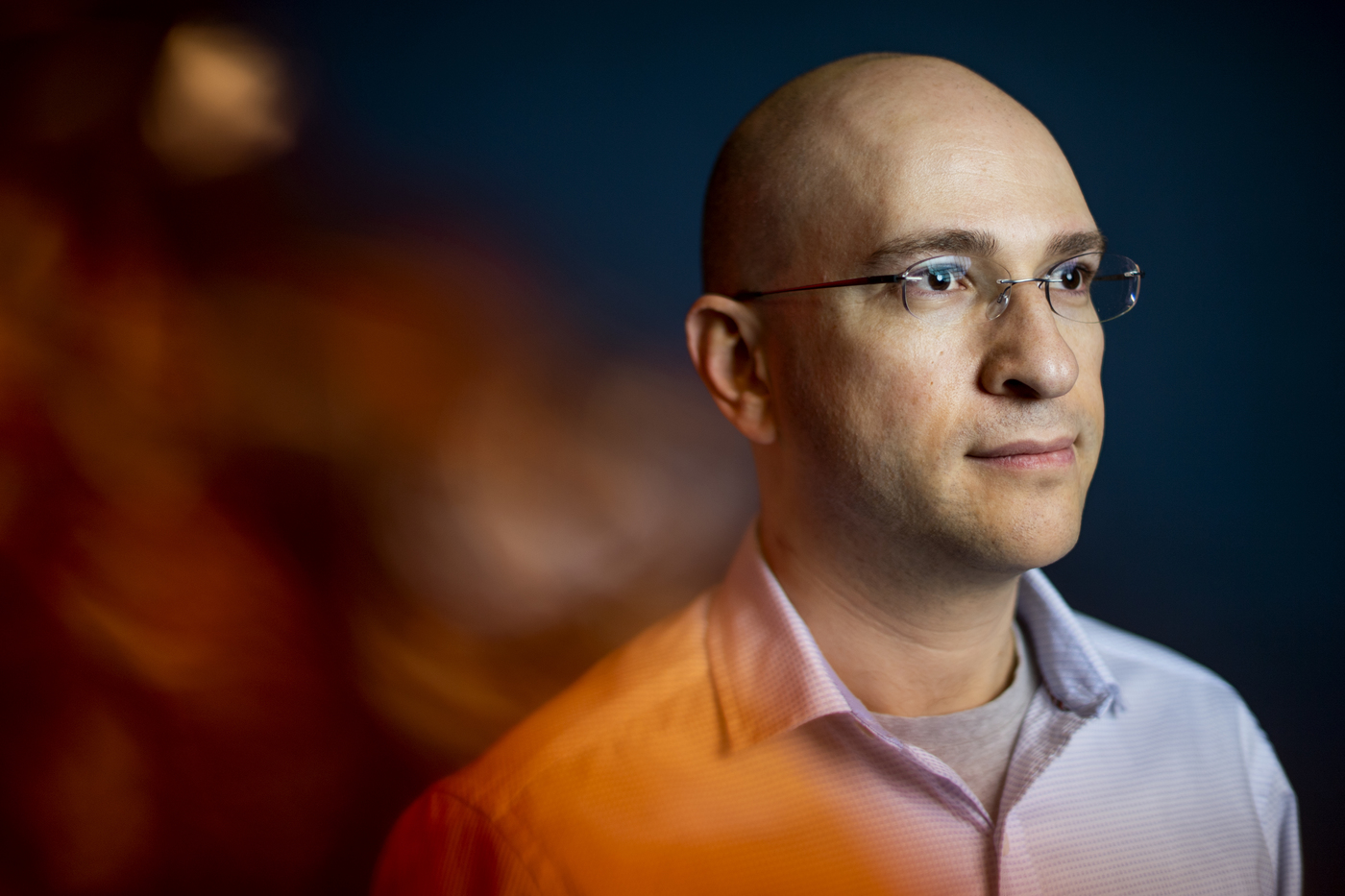There are ways to increase your payout in $1.2 billion Powerball lottery, expert says

9, 18, 27, 36, 45, 54
For most people, they’re just multiples of nine, but in 2022, they were the key to a major lottery win in the Philippines. The $4 million prize was notable. The fact that 433 people had to split it, even more so.
At the time, critics questioned the results of the Grand Lotto, and politicians almost immediately called for an investigation. But Yakov Bart, associate professor of marketing at Northeastern University, says the results, although unlikely, are not that surprising.

Yakov Bart, associate professor of marketing in the D’Amore-McKim School of Business. Photo by Matthew Modoono/Northeastern University
Research published by Bart and his collaborators, Paul Parker (University of Kansas) and Paulo Albuquerque (INSEAD), shows that how and when people choose to play the lottery can produce radically different results––and that those play patterns are different for low- and high-income people.
The Powerball jackpot in the U.S. recently hit $1.2 billion –– there has been no winner since July –– making it the third highest Powerball jackpot in history. Bart says his research is useful not only for understanding socio-economic consumer behavior. It reveals insights into how to maximize the payout and level the playing field for low-income lottery players.
“It’s not just whether you play the lottery or not,” Bart says. “We basically show that depending on how people make these decisions, the outcome changes.”
Although it’s expected that players will lose money on every lottery ticket, based on data from the California lottery Bart found that, on average, low-income players lose about 10% more per ticket than high-income lottery players. It comes down to several key decisions players make when they choose to gun for the jackpot.
The first decision every player makes is when to play. Jackpots increase with every drawing, so choosing when to play makes a big difference.
“It’s people in high-income areas who buy more selectively,” Bart says. “They’re more likely to buy tickets at times when the jackpot is high versus people in low-income areas, who are more likely to buy tickets regardless of the [size] of the jackpot.”
Players also have to choose which game to play and how to choose their numbers. In games like Powerball or Mega Millions, players win by matching the six numbers in the winning combination. They can either choose a combination manually or opt for a quick pick, which selects a random number combination. This is one of the most important decisions a player makes and can make a big difference when a jackpot winner is announced.
“This is important because it turns out that, of course, the way people choose numbers, those people who choose to do manual number choice for the ticket, they don’t pick numbers randomly,” Bart says. “They pick numbers with certain patterns, as it turns out.”
Why does that matter? Look at the Philippines lottery. The more people who choose the right combination, the more people there are to split the jackpot with. And if people tend to choose numbers in specific patterns –– birthdays, lucky numbers, multiples of nine––the chances are higher that people will choose the same combinations.
“We find that people living in low-income areas are more likely to pick this manual selection instead of quick pick, which substantially contributes to this 10% difference in earnings from buying tickets,” Bart says.
Although it’s not a guarantee, Bart recommends using quick pick to maximize the chances of getting the full jackpot. But in order to really even the playing field between low-income players, who typically pick numbers themselves, and high-income players, who more frequently use quick pick, Bart says education and communication with players is going to be vital.
“If the lottery agencies made the expected payout by jackpot draw easily available, not just the chance of winning, … it might shift customers away from less profitable draw games, and that would benefit low-income customers,” Bart says.
He admits this kind of messaging might reduce state profits from certain games, but educating players about the advantages of quick picks would benefit players and could be done by retailers, not just lottery agencies.
“It’s an important consideration in terms of educating the public because lotteries are one of the few opportunities available to poor people to increase their wealth substantially and change their socio-economic status, but because they make worse lottery decisions compared to high-income consumers, they get lower expected earnings,” Bart says. “That’s really the key.”
Cody Mello-Klein is a Northeastern Global News reporter. Email him at c.mello-klein@northeastern.edu. Follow him on Twitter @Proelectioneer.





